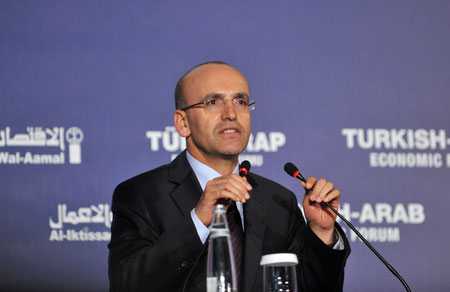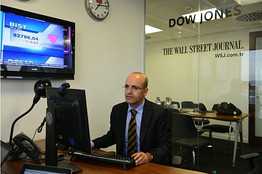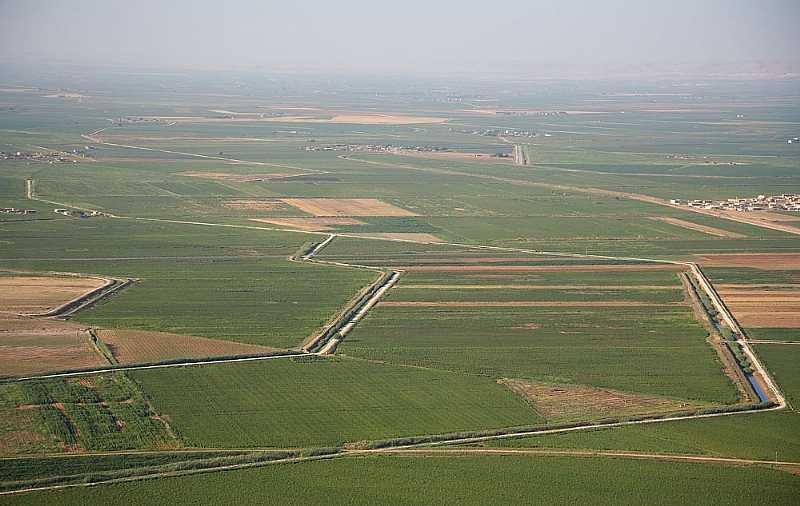In these difficult economic times, with disappointing jobs figures in the US and stagnation in the eurozone, the growth story of Turkey tells is a coherent one – or it would be, if all the country’s government signed up to it.
Yes, the 2.2 per cent increase in GDP logged last year was a far cry from the 8.8 per cent of 2011, but, as Ali Babacan, the country’s deputy prime minister and economic supremo, has argued, the economy still shines in comparison with Europe. Last year, he recently noted, it still had the lowest inflation in 44 years, a 1m rise in employment, near-zero real interest rates and improved credit ratings.
But not all his colleagues have exhibited such positive thinking. Zafer Caglayan, the economy minister, has spoken about Turkey’s central bank’s monetary policy as a “bitter brake” on growth that would otherwise have been considerably more.
So the question arises: for whom is Caglayan is speaking? For the Turkish businessmen he represented in his previous incarnation as head of Ankara’s Chamber of Industry, distressed at a real economy that sometimes seems markedly more sluggish than the official figures would suggest? Or for Recep Tayyip Erdogan, the most powerful prime minister Turkey has seen for very many years?
Later this week, Erdogan himself appeared to provide the answer.
Speaking at a ceremony marking the rebranding of Istanbul Stock Exchange as Borsa Istanbul, he too noted that Turkey’s growth last year was much higher than both the US and the EU – and surveyed economic progress during his decade in office, remarking on how interest rates have declined in that time from some 63 per cent to about 6 per cent.
“It is still high,” he said of the current rate. “I hope we will lift this pressure on consumers by reducing it further.”
In his comments, Erdogan acknowledged Standard & Poor’s recent upgrade of Turkish debt to the cusp of investment grade status – but didn’t hide continuing tensions with the ratings agencies. “They are upgrading Turkey unwillingly,” he said. “If it was up to them, they would even downgrade us.”
The prime minister also made clear that he wanted to see the central bank move to a new financial centre in Istanbul, along with state banks and regulators – but central bank officials have deep reservations about carrying out such a move.
Part of the Turkish story advanced by the country’s top economic officials is the value of having a truly independent central bank. After his comments this week, Erdogan’s thoughts on the topic are all the more intriguing.
via What’s the script for Turkey? doing nicely, or could do better? | beyondbrics.





